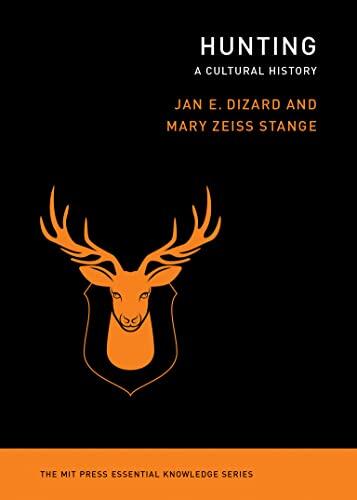
Hunting: A Cultural History
아직 평점이 없습니다
History
Health & Wellness
형식
페이퍼백
페이지
248
언어
영어
출판됨
Oct 4, 2022
출판사
The MIT Press
ISBN-10
026254329X
ISBN-13
9780262543293
설명
Hunting has historically been more than a mere survival skill; it is a practice interwoven with cultural identity and traditions. This exploration delves into the multifaceted role that hunting has played across various societies, revealing its evolution from essential subsistence to a social activity and sport. The authors guide readers through the intricate relationship between humans and the natural world, highlighting how hunting has shaped not only environmental practices but also cultural narratives and values.
The work presents a nuanced perspective on hunting's implications for conservation, ethics, and social dynamics. As modernity challenges traditional methods and motives, the book examines contemporary debates about hunting practices, from conservation efforts to animal rights movements. The authors’ thoughtful analysis encourages readers to reflect on their own beliefs and the societal contexts surrounding hunting.
By weaving together historical accounts and contemporary discussions, the narrative also considers hunting's influence on art, literature, and community bonds. From ancient rituals to the modern hunting industry, the text underscores the deep-rooted connections that bind people to the land and wildlife.
Ultimately, this cultural history serves as an invitation to rethink not only the act of hunting but also its significance in shaping human experiences and ecological environments. It offers insights that resonate with both practitioners and observers, making it a rich resource for anyone interested in cultural studies, environmental policy, or outdoor traditions.
The work presents a nuanced perspective on hunting's implications for conservation, ethics, and social dynamics. As modernity challenges traditional methods and motives, the book examines contemporary debates about hunting practices, from conservation efforts to animal rights movements. The authors’ thoughtful analysis encourages readers to reflect on their own beliefs and the societal contexts surrounding hunting.
By weaving together historical accounts and contemporary discussions, the narrative also considers hunting's influence on art, literature, and community bonds. From ancient rituals to the modern hunting industry, the text underscores the deep-rooted connections that bind people to the land and wildlife.
Ultimately, this cultural history serves as an invitation to rethink not only the act of hunting but also its significance in shaping human experiences and ecological environments. It offers insights that resonate with both practitioners and observers, making it a rich resource for anyone interested in cultural studies, environmental policy, or outdoor traditions.